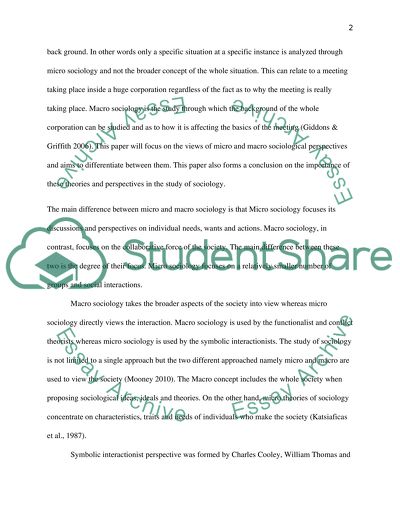Cite this document
(“The differences between Macro and Micro sociology Essay”, n.d.)
Retrieved from https://studentshare.org/sociology/1414514-explain-the-differences-between-macro-and-micro
Retrieved from https://studentshare.org/sociology/1414514-explain-the-differences-between-macro-and-micro
(The Differences Between Macro and Micro Sociology Essay)
https://studentshare.org/sociology/1414514-explain-the-differences-between-macro-and-micro.
https://studentshare.org/sociology/1414514-explain-the-differences-between-macro-and-micro.
“The Differences Between Macro and Micro Sociology Essay”, n.d. https://studentshare.org/sociology/1414514-explain-the-differences-between-macro-and-micro.


